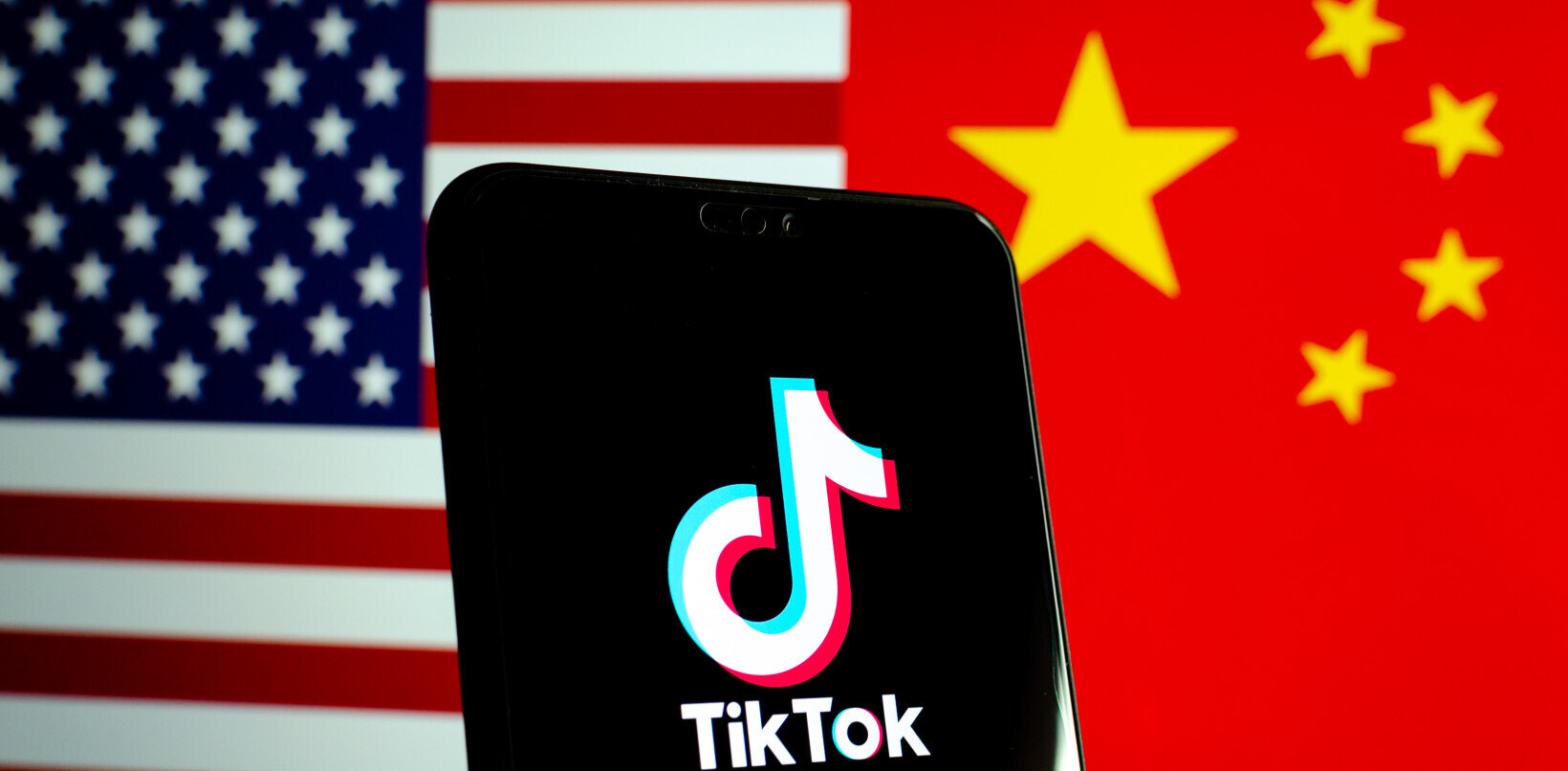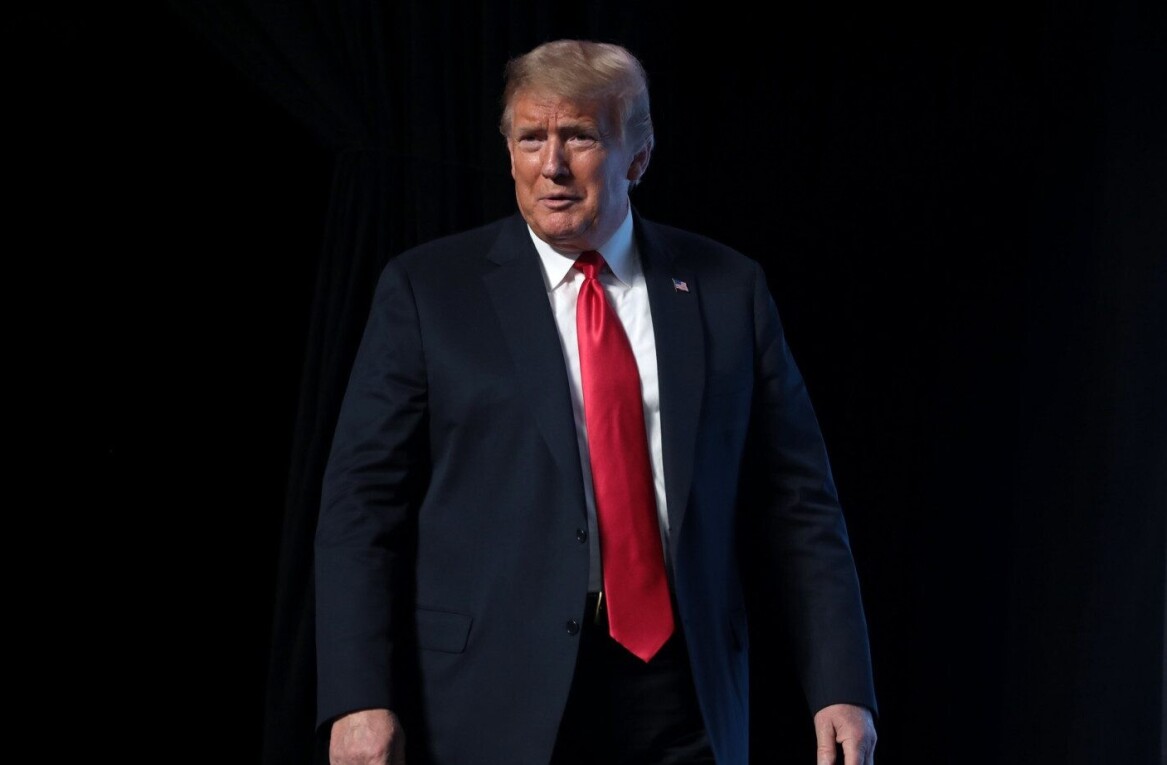
As part of its monthly labor review for September, the US Department of Labor released a report on workers in the “gig economy,” such as those who worked for Uber, GrubHub, or TaskRabbit. It revealed that this work now accounts for at least 1 percent of total employment in the country.
The statistics are a little old, as the Bureau of Labor Statistics is using numbers from May 2017. But given the rise in popularity of Airbnb, Uber, and the like in just the last few months, it’s likely the number is far higher now.
The Bureau’s statistics show that these “electronically mediated workers” are slightly more likely to be men than women, and the vast majority are between the ages of 25 and 54 — in fact, the age distribution between the decades in that category is almost perfectly even. Just over half of them did in-person work (such as with Uber), while the rest did their work entirely online.
Unfortunately, the rise in the number of workers means there’s often less money to go around. Last month, a report from JP Morgan Chase Institute found the average monthly payment of gig drivers had dropped from $1,469 in 2013 to $783 in 2017.
Meanwhile, as news looks grim for gig workers, at least one tech company has listened to its critics: Amazon revealed today it was raising its minimum wage for all of its 350,000 American workers to $15 per hour. This is in response to intense pressure from media and lawmakers on the pitiful pay and working conditions of the average company worker, especially in comparison with the obscene personal wealth of CEO Jeff Bezos.
Most notably, Senator Bernie Sanders last month introduced a so-called “BEZOS bill,” which would have taxed major corporations for every dollar their employees received in food stamps. In response to Amazon’s move to raise their wage, Sen. Sanders praised Amazon and called upon other corporations to do the same.
Get the TNW newsletter
Get the most important tech news in your inbox each week.




